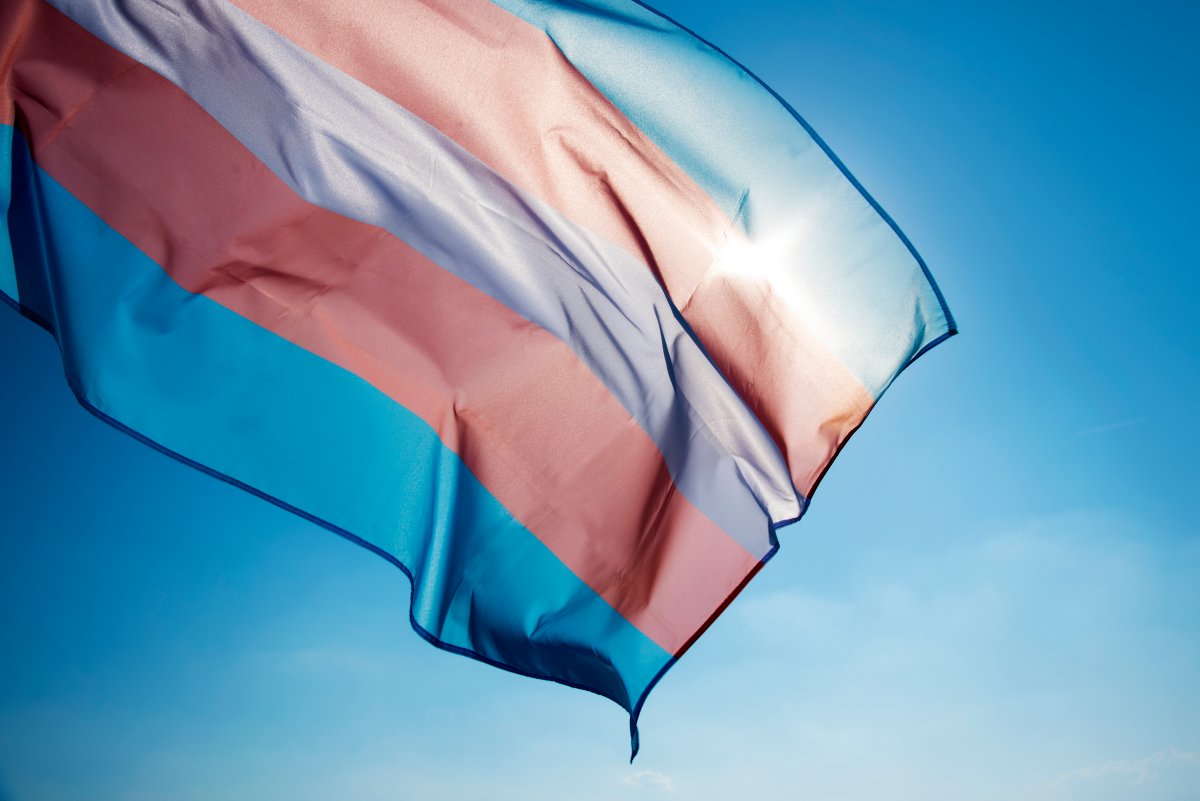On this International Transgender Day of Visibility, Rachel Crandall-Crocker is taking a moment to reflect on the day she created.

“I created it so we won’t have to be lonely anymore. And still, we could be all together in this world,” Crandall-Crocker said.
In 2009, Crandall-Crocker founded the day to celebrate the existence of trans people and to raise awareness of the discrimination the community faces.
“A lot of trans people have been taught to be ashamed of what they are and to not be visible. And to hide it. And I’m saying and I said in 2009, we don’t have to be ashamed anymore. We don’t have to hide it anymore.”
Anne Creighton, president of Toronto PFLAG, said she has seen a significant change in the parents that they support.
“In the last 10 years, PFLAG in its meetings have seen a seismic shift. Almost all the families that come to us for help now have a child who is trans,” Creighton said.
Despite the celebration of the day, Creighton highlighted important issues and experiences that transgender people endure.
“The hormones that they take are not covered by any drug plan unless you have one through your employer. That’s another issue. Trans people have a hard time finding work,” said Creighton.
- Ontario transportation minister pitches 24-hour work to speed up Gardiner construction
- Pop-ups and ‘passion meter’: What’s new this year as Leafs, Bruins square off
- Abandoned dogs being found in ‘deplorable condition,’ Brampton warns
- ‘They knew’: Victims of sexual abuse by youth leader sue Anglican Church
“They need housing. They need help with hormones. They need jobs. And they need us to be kinder to them. That’s the most important thing.”
That sentiment was echoed by Canada’s Minister for Women and Gender Equality and Youth, Marci Ien.
“Transgender and non-binary people continue to experience significant disparities, including negative mental health impacts, unemployment, homelessness, harassment, and bullying, and they are often victims of violence simply for being themselves,” she said in a statement.
“We also know that Indigenous, Black, racialized people, and people with disabilities experience an added layer of inequity. This is unacceptable, and we must do better,” the MP added.
On Thursday, the Ontario government announced that it is investing over $800,000 for LGBTQ+ youth in the child welfare system.
“Our government recognizes more needs to be done to improve outcomes for lesbian, gay, bisexual, transgender, Two Spirit and queer children and youth in our child welfare system. This investment will help develop new services and supports to respond to the specific needs of LGBT2SQ children and youth in care,” said Associate Minister of Children and Women’s Issues Jane McKenna.
The money will be provided to the Ontario Association of Children’s Aid Societies (OACAS) and will fund initiatives including trips to inclusive and gender-affirming camps, and expand training for staff.
“We recognize we need to better understand, from an intersectional lens, the lived experiences of LGBT2SQ children and youth involved in the child welfare system to improve outcomes. This funding will provide critical supports for young LGBT2SQ Ontarians, their families, and the child welfare organizations that work with them,” said Nicole Bonnie, chief executive officer of the OACAS.
Yet 13 years later, Crandall-Crocker is amazed to see the global support, including support within countries that criminalize LGBTQ2 people.
“When I founded it, I never really expected it to be truly all around the world,” she said.
— with files from Katrina Ramlochan and Trevor Popoff








Comments